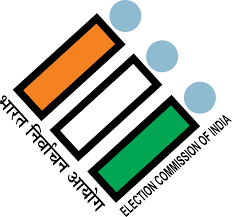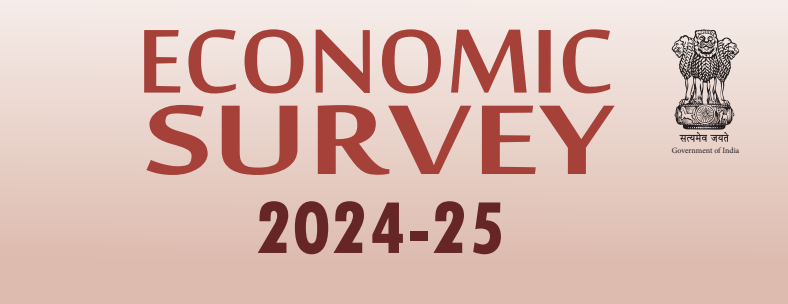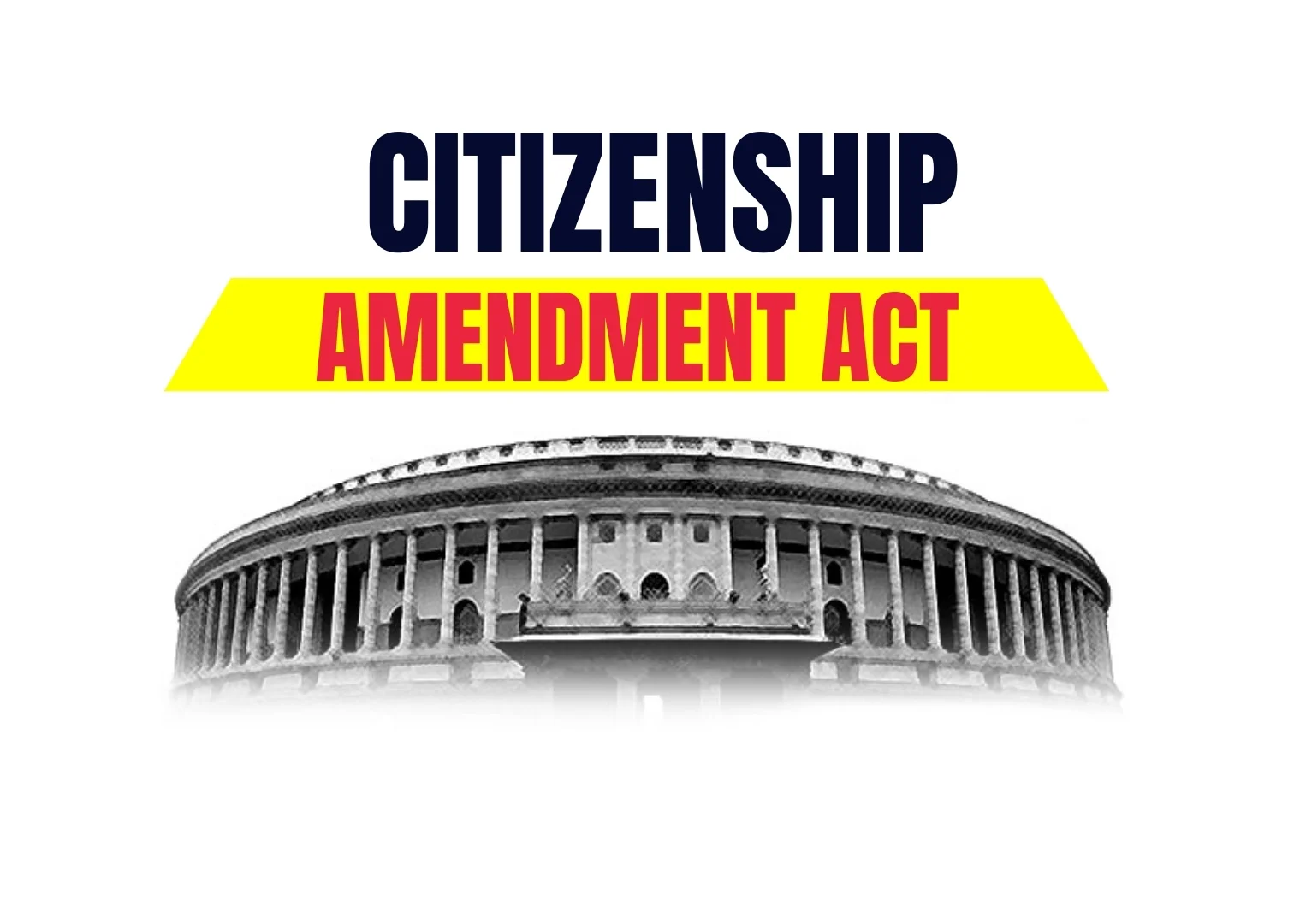Part XV: Part XV of the Indian Constitution, titled “Elections,” deals with the entire framework related to the conduct of elections in India. It includes Articles 324 to 329, which empower the Election Commission of India and provide the legal structure to the commission and other necessary details for the functioning of the commission.

Article 324 of the Indian Constitution outlines the authority and powers of the Election Commission of India (ECI). It provides for the superintendence, direction, and control of elections in the country, including elections to the Parliament, State Legislatures, the President, and the Vice-President.
Key provisions of Article 324:
-
- Appointment of Election Commission: The Election Commission is an independent body, headed by the Chief Election Commissioner (CEC), along with other Election Commissioners (EC) (if any) (currently Election Commission has a Chief Election Commissioner and two Election Commissioners). The President of India appoints the CEC and Election Commissioners. When any other Election Commissioner is appointed the Chief Election Commissioner acts as the Chairman of the Election Commission.
- Powers and Functions:
- Article 324 vests the ECI with broad powers to ensure free and fair elections. This includes preparing electoral rolls, overseeing the conduct of elections, and resolving disputes related to electoral processes.
- The ECI can take decisions necessary to maintain the integrity of elections, even if such powers are not explicitly mentioned elsewhere in the law.
- Appointment and Tenure: The underlying article states that tenure and conditions of service shall be determined by the President as per the provisions made by the Parliament.
- Currently, the President appoints CEC and Election Commissioners as per the CEC and Other ECs (Appointment, Conditions of Service and Term of Office) Act, 2023.
- They have a fixed tenure of six years, or up to the age of 65 years, whichever is earlier.
- The salary and conditions of service of the CEC and ECs will be equivalent to that of the Supreme Court Judge.
- Anoop Baranwal vs Union of India, 2023: In the underlying judgment, the Supreme Court ruled that the appointment committee appointing Election Commissioners and Chief Election Commissioners shall consist of the Prime Minister, Leader of Opposition and Chief Justice of India.
- Chief Election Commissioner and Other Election Commissioners (Appointment, Conditions of Service and Term of Office) Act, 2023: Parliament passed the underlying act in response to the Anoop Baranwal judgement. The act changes the composition of the appointment committee of the CEC and EC. The committee as per the act shall consist of the Prime Minister, a Union Cabinet Minister and the Leader of Opposition.
- Removal: The CEC enjoys protection similar to that of a Supreme Court judge in terms of security of tenure. The CEC can only be removed through impeachment by Parliament for proven misbehaviour or incapacity.
- Other Election Commissioners can be removed by the President, but only on the recommendation of the CEC.
- Independent Functioning: The ECI operates independently from the executive to avoid any undue influence or interference in the electoral process, which is crucial to uphold the democratic nature of India.
Free and Fair elections are bulwarks of democracy and only an independent Election Commission can hold one. Article 324 gives ample room and powers to the commission to hold a free and fair election.
Spread the Word






